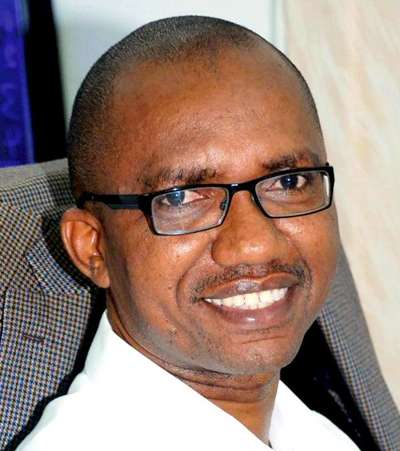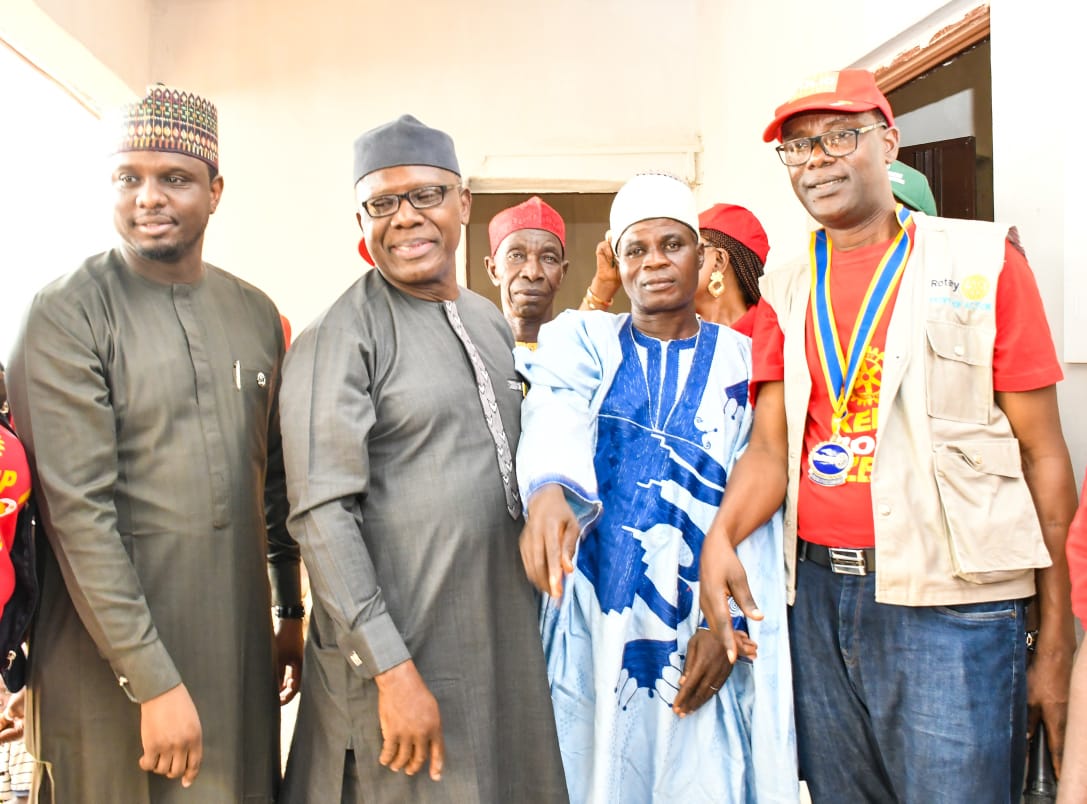Why Nigeria needs a robust national action plan to fight poverty, By Victor Ikem
Every 17th of October is set aside to mark the international day for the eradication of poverty worldwide since 1987. The Theme of this year’s event is “Dignity for All in Practice”. The day is set aside to address issues that are linked to poverty as a major development concern. The desire for eradication of extreme poverty is listed as item number one on the United Nations (UN) endorsed Sustainable Development Goals (SDG). Worldwide poverty has been acknowledged to be an issue of serious concern, especially in sub-Saharan Africa, a region that has been overwhelmed with rising incidences of poverty and deprivation.
The World Social Report in 2020 characterized poverty and inequality across many countries in the world and it showed that countries in Europe, North America, and some parts of Asia have minimal poverty levels because of resilient economic measures whereas most sub-Saharan African countries have a high degree of poverty prevalence which has negatively affected the wellbeing of the population in this region. With its growing population rate, the fear is real that poverty will also continue to multiply if not adequately addressed through robust and systemic interventions.
A number of facts have been identified as responsible for growing poverty rates. These include climate change crises, the Russia-Ukraine war which has forced food shortages in most parts of the developing world, and the resultant food crisis which has exposed more households to tougher economic situations constituting a part of the current source of poverty prevalence especially in developing economies. According to the World Poverty Clock, over 610 million people worldwide are said to be living in extreme poverty of which Nigeria accounts for over 69 million representing about 10% of the worldwide poverty rate.
As the world marks this year’s day for the eradication of poverty, it needs to be emphasized that Nigeria requires to build resilient measures and strategies to address increasing poverty. Despite having launched several poverty eradication plans since the early to mid-1970s aimed at addressing the problem of poverty, such as the National Accelerated Food Production project (NAFPP), Agricultural and Cooperative Bank (NACB), and National Poverty Eradication Programme (NAPEP) among several initiatives, including one by the current government launched 2016 and called the National Social Investment Programme (NSIP), a portfolio of programs to deliver socio-economic support to the mostly poor and disadvantaged population. These programs and initiatives aimed at poverty reduction have achieved little or nothing over the years.
For instance, the NSIP under the Ministry of Humanitarian Affairs, Disaster Management and Social Development were designed and intended to address critical issues relating to poverty and to serve as a framework for tackling unemployment, providing access to micro-credit, offering nutritional support through school feeding, cash transfer to most vulnerable households, and other related outcomes which are linked to poverty alleviation. Despite its intents and efforts, Nigeria through these programs has not yet succeeded in sufficiently lessening the rate of poverty. Several reasons have been adduced for the growing poverty in Nigeria among which are institutional corruption, a failing educational system, a weak healthcare system, failure of economic plans, and lack of political will, amongst others.
Beyond rhetoric, Nigeria genuinely and urgently needs an institutionalized action plan to address poverty which will involve a stronger and more committed collaboration between the federal and sub-national governments. With the 2023 election just less than three months away and a new government expected to take charge by May 2023, if there is not a determined and holistic effort to curtail poverty, more young Nigerians will be forced to abandon the country for greener pastures in Europe and America. If this does continue to happen, Nigeria will keep losing needed human capital needed for recovery and growth.
The next government must prioritize education, healthcare, and job creation through productive sector investment aside from ensuring security, and agricultural development and encouraging production and export to stabilize the economy and reduce dependency on importation. With the new trend of migration out of the country attributable to poor living conditions, frailer economic growth, and increasing insecurity, it is undoubtedly that the quest to escape poverty is at the root of the migration crisis which has seen many young people jet out of the country.




